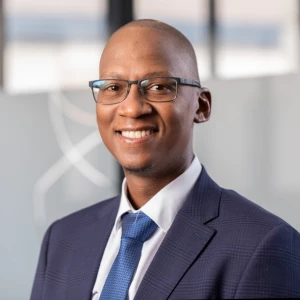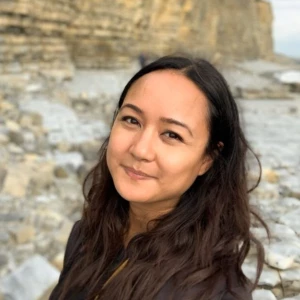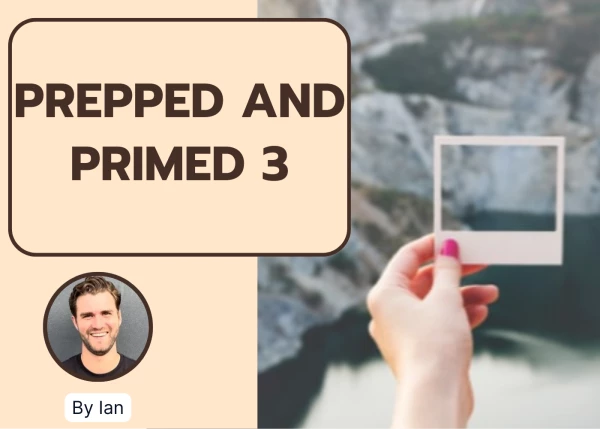Hi Coaches, Do any of you offer help with maths, both conceptual and computation?
It would be great if you could explain what do yo offer
Hi Coaches, Do any of you offer help with maths, both conceptual and computation?
It would be great if you could explain what do yo offer


Hi there,
Every coach here is going to say yes :)
Happy to help - just as a quick summary, I provide:
1) Tips/techniques/tricks to doing math better
2) Practice resources (pointing you to the best ones depending on where you're struggling)
3) Live exercises pulled from real cases
4) An online learning series where I talk through the key math topics

Hi there,
I coach on a 4-step method for approaching calculations which has been battle-tested already with many candidates. Then I have an extensive pack of math drills ranging from chart interpretation to fast computation that I provide to my candidates to work on.
Math is very much fixable. It’s about how you approach it and how much time you put in. It can actually be one of the parts of the case that you most easily control.

Hi there,
absolutely - happy to offer a tailored, practical approach that will cover ALL aspects you need to master your consulting interviews / assessments and beyond.
In general, suggest to craft the approach, based on the following core elements:
1. Establish baseline, i.e. understand where you stand today (strengths & development areas) and align on the concrete goals you want to achieve
2. Develop work plan: Co-create a detailed workplan (calendar) to close the gap between baseline and the target skills you need to achieve your goals
3. Coachings & “offline learning”: conduct live coaching sessions to deep dive on key concepts (e.g. market sizings & guesstimates, BEP, valuation calcs, basic algebra etc) , tackle any questions and give critical short cuts, tips & tricks to maximize conceptual understanding, computation (accuracy + efficiency), chart comprehension & interpretation, and also how to best communicate quant in a case setting. The sessions will be augmented with dedicated learning resources, cheat sheets and drills.
4. Progress check-ins & fine-tuning: conduct regular check-ins / drills to see how you progress against the aligned goals (and expected standard to pass interviews) - fine-tune approach & work plan, as needed to de-bottleneck and close the remaining gap.
Happy to have an initial informal chat, if you'd like to see what would work best in your particular situation - just reach out via PM to learn more. I'm sure other coaches would be happy to do the same.
Hope this helps!
Regards, Andi

Hi there,
From my point of view and experience of my coachees I would recommend:
1. Read a few books on math shortcuts and tips (Speed mathematics, Tricks to become Human Calculator),
2. Check videos on youtube explaining shortcuts
3. Eventually take a course online, particularly those for GMAT (feel free to reach out can give you names)
4. Last option and I will be very honest, the best is to get a math tutor, someone who helps students at schools who will be better to help you and will be way cheaper than any coach here
5. On top of a lot of training and drilling.
The good thing is that math can improve fast with exercising.
Good luck
Lucie
Was this answer helpful?

Dear candidate,
I offer a tailor-made approach, usually starting with
a) understanding how to approach types of math problems generally
b) practising coming up with formulas, market sizing, often-asked-for calculations (such as breakeven calculations)
c) practising calculating without a calculator
Remember with math problems to try to first determine the formula to be used, then the assumptions/input values, and then do the calculation. Let the interviewer know what you are thinking as you go through this. Dont just spend 5 minutes in silence.
Best regards
As a person growing up studying literature, I dreaded math but was able to overcome this by simply:
1) Taking the time to draw out a formula
2) After giving it some thought, walk my interviewer through the formula, aligning variables and any assumptions
3) NOT doing basic computations aloud (no need to impress the interviewer that you can multiply 72 x 3 in 2 seconds). Get it right and then periodically share with your interviewer where you are in your formula.
These are just some steps that I walk candidates through along with drills I have prepared to really hammer these points in.
Surprisingly, point 3 is the fastest quick-win for candidates. We fall in this trap that we need to impress interviewers that we are walking and talking calculators and by falling in this trap, we open the door to unnecessary easy mistakes.
Happy to chat more!













